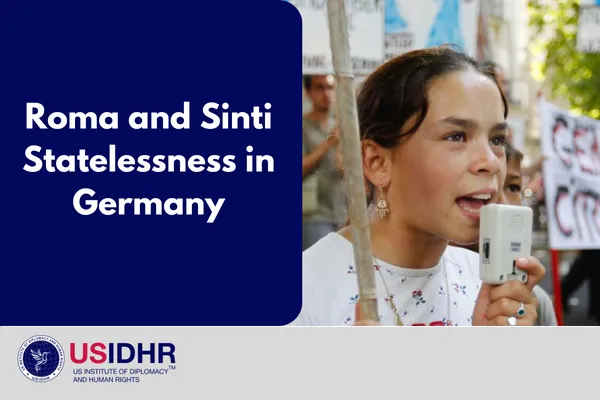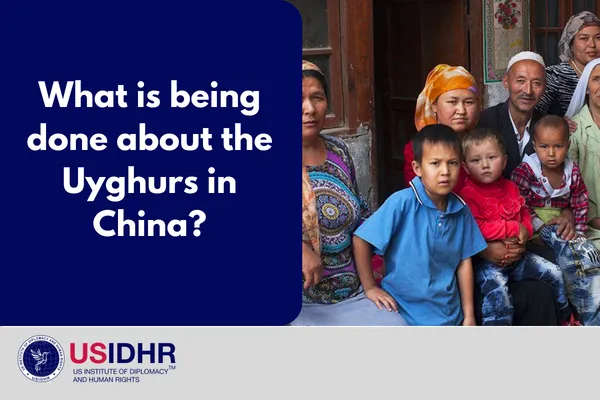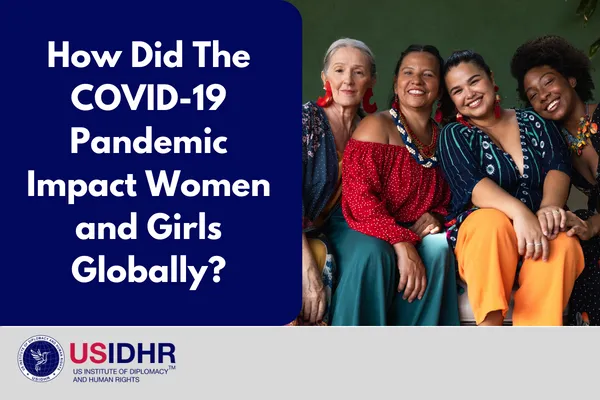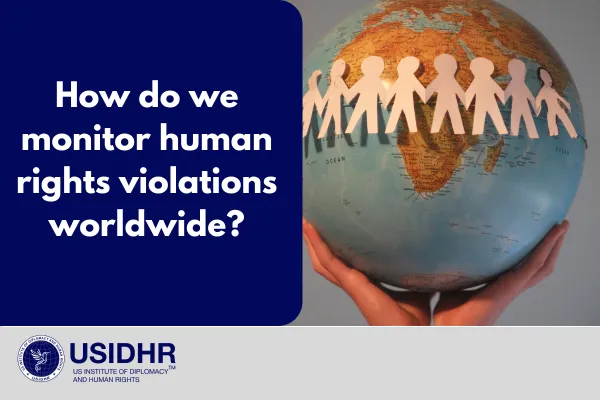
As enshrined in the Universal Declaration of Human Rights (1948), we are all entitled to human rights which protect our freedoms and abilities to live our lives without fear of persecution or oppression. How then are these rights protected in the face of violation? What legal bodies and organizations exist in order to ensure our human rights are protected?
International Jurisdiction
Firstly, there isn’t one single international court that has been founded in order to protect human rights worldwide. Rather, the responsibility of ensuring the protection of human rights lies with the individual government or nation-state. However, due to the lack of bodies and relevant national legislation, enforcing international human rights law is not always that simple.
There are international bodies that protect certain geographical areas, such as the "African Court of Human Rights"[1], the "European Court of Human Rights"[2], and the "Inter-American Court of Human Rights"[3]. The African Court of Human Rights was "founded in 2004"[4] by the African Union along with the African Commission on Human and Peoples’ Rights in order to monitor human rights violations in Africa.
"31/ 54 states"[5] have ratified the protocol and the court is composed of 11 judges who are nationals of member states. The European Court of Human Rights (ECHR) is located in Strasbourg, France, and interprets the European Convention of Human Rights. This convention was signed in 1950 by 47 European states and its articles include: Article 3(Prohibition of Torture), Article 10 (Freedom of Expression) and Article 12(Right to Marry).
The International Criminal Court (ICC) has jurisdiction over war crimes, genocides, and crimes against humanity and prosecutes individuals internationally. It is an inter-governmental organization based in the Hague, the Netherlands and when national governments are unable to prosecute criminals, the ICC fulfills the role. It consists of 123 member states, and can only investigate within these countries. 42 states have not signed the Rome Statute[8](which established the ICC in 1998) and therefore the ICC cannot prosecute individuals from these nations.
Human Rights Instruments
Treaties and conventions have been adopted at regional (regional instruments) and international (international instruments) levels to ensure the protection of human rights, which are also known as Human Rights Instruments. This includes the "Convention of the Elimination of All Forms of Racial Discrimination"[9], which was adopted by the United Nations General Assembly in 1965 and protects Article 2: "Everyone is entitled to all the rights and freedoms set forth in this Declaration, without distinction of any kind, such as race, colour, sex, language, religion, political or other opinion, national or social origin, property, birth or other status"[10].
This also includes the Declaration of the Rights of the Child which was adopted by the United Nations in 1959 and protects Article 25: "Motherhood and childhood are entitled to special care and assistance. All children, whether born in or out of wedlock, shall enjoy the same social protection."[10]
There are also regional conventions that apply to a specific geographical area. For example, the "American Declaration on the Rights of Indigenous People" by the Organisation of American States (2016) only applies in the Americas. The
"Association of South-East Asian Nations (ASEAN)"[12] Human Rights Declaration (2009) only applies in Asia.
Accountability
There are many organizations and charities which work around the world to monitor human rights violations in the world. The reports they generate go on to influence international policy and international relations between states and governments. One of these is Amnesty International [13], which comprises three key areas: research, advocacy, and campaigns/action. Amnesty International publishes yearly reports on every country in the world detailing human rights abuses and violations. Another similar organization is Human Rights Watch (HRW)[14]. It was founded in 1978 and comprises lawyers, experts, journalists who monitor and expose human rights violations around the world. They have individual country fact files with reports of the protection or abuses of human rights in each country.
Human Rights Protection
In order to protect our human rights, we need to monitor their statuses internationally and understand when our rights are being violated. The simplest solution is to ensure a basic level of education is available to all citizens of every nation, so everyone understands their basic human rights, from the right to liberty [15] (Article 3) to "the right of freedom of assembly" [15](Article 20). Education will help prevent human rights violations from happening in the first place. While monitoring human rights violations is a useful instrument to ensure abuses are corrected through advocacy and policy change, prevention can lower the odds of committing such abuses. As the UN Office of the High Commissioner for Human Rights states: "Action to protect and promote human rights has inherent preventive power while rights-based approaches to peace and security bring this power to efforts for sustainable peace’. "USIDHR"[16] is committed to ensuring every individual has a fair understanding of their basic human rights. To aid in this endeavor, the founder of USIDHR and international human rights law specialist, Ms. Isabelle Vladoiu, has "created an 8-module training"[16] to certify generations of human rights consultants who can then pass on this essential knowledge into their wider communities. Despite lacking legal jurisdiction, grassroots human rights movements are essential for monitoring and preventing human rights violations worldwide.
Reference list:
[1]https://www.african-court.org/wpafc/
[2]https://www.echr.coe.int/Pages/home.aspx?p=home
[3]https://www.corteidh.or.cr/index.cfm?lang=en
[4]https://www.justiceinitiative.org/publications/african-court-human-and-peoples-rights
[5]https://www.african-court.org/wpafc/welcome-to-the-african-court/
[6]https://archive.org/details/casesmaterialson0002mowb/mode/2up
[7]https://www.ihrec.ie/download/pdf/echr_guide.pdf
[8]https://legal.un.org/icc/statute/99_corr/cstatute.htm
[9]https://www.ohchr.org/en/professionalinterest/pages/cerd.aspx
[10]https://www.un.org/en/about-us/universal-declaration-of-human-rights
[11]https://www.oas.org/en/sare/documents/DecAmIND.pdf
[13]https://www.amnesty.org/en/what-we-do/
[15]https://www.un.org/en/about-us/universal-declaration-of-human-rights
Join One of Our Certificate Trainings:
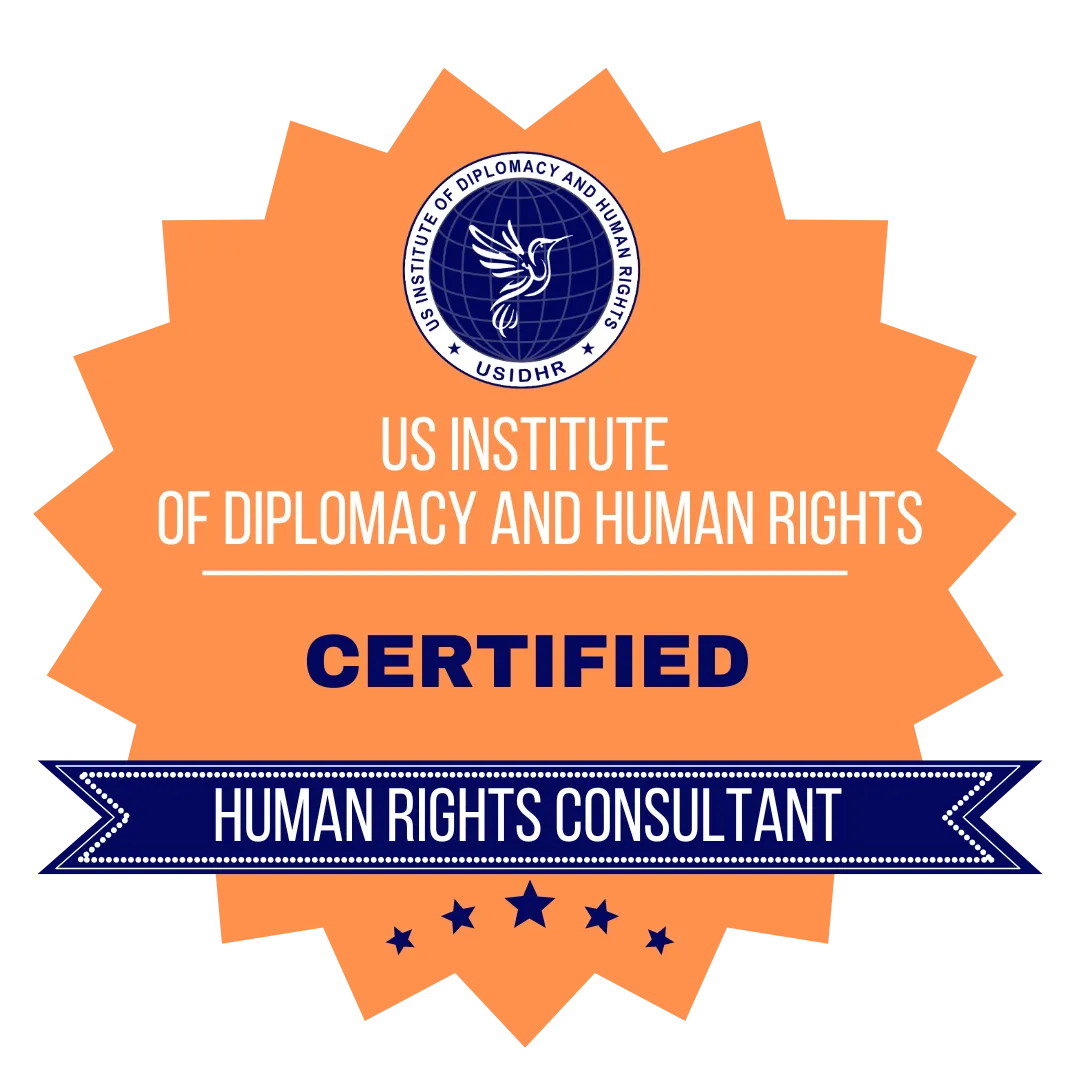
Human Rights Education Certification Training
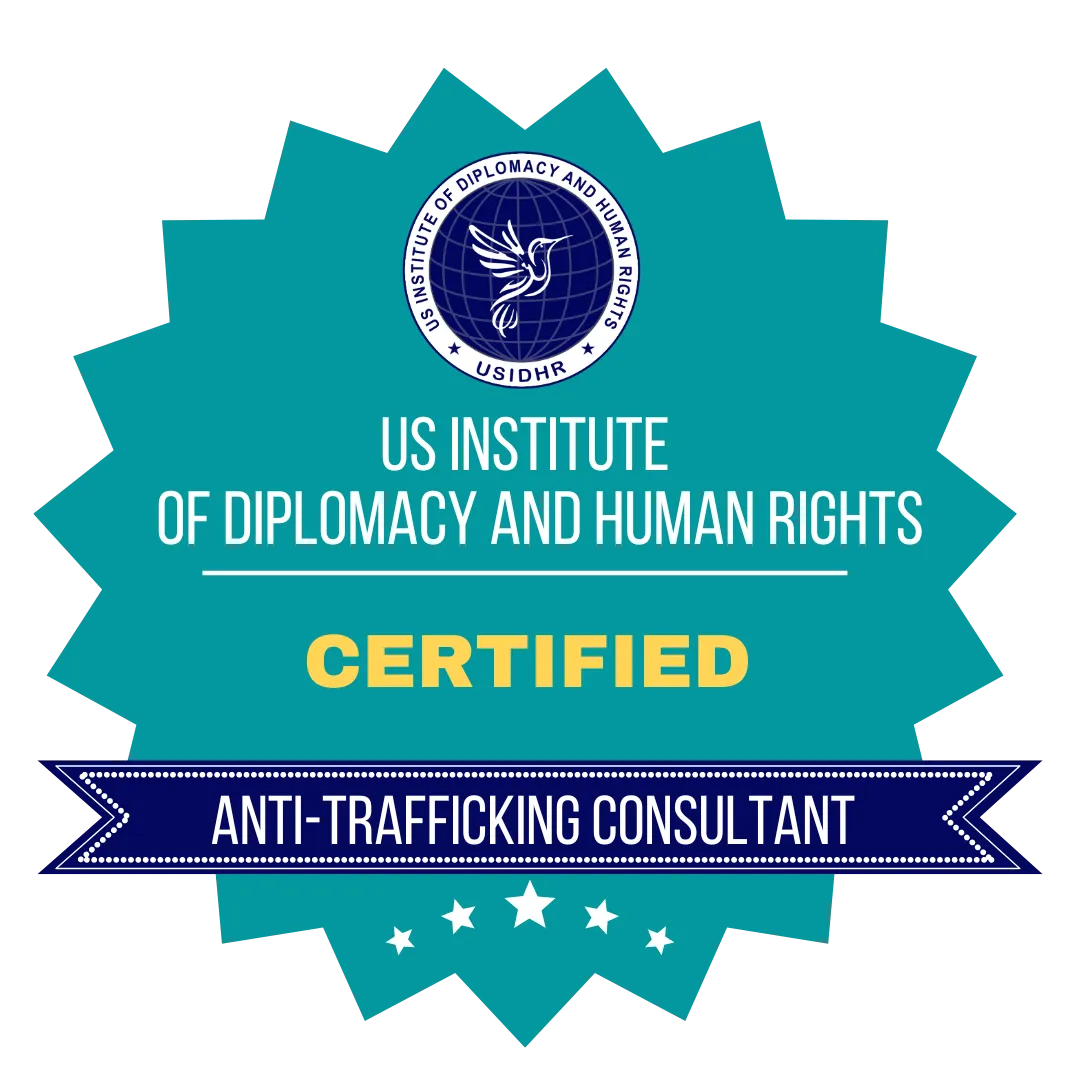
Human Trafficking Certification
Training
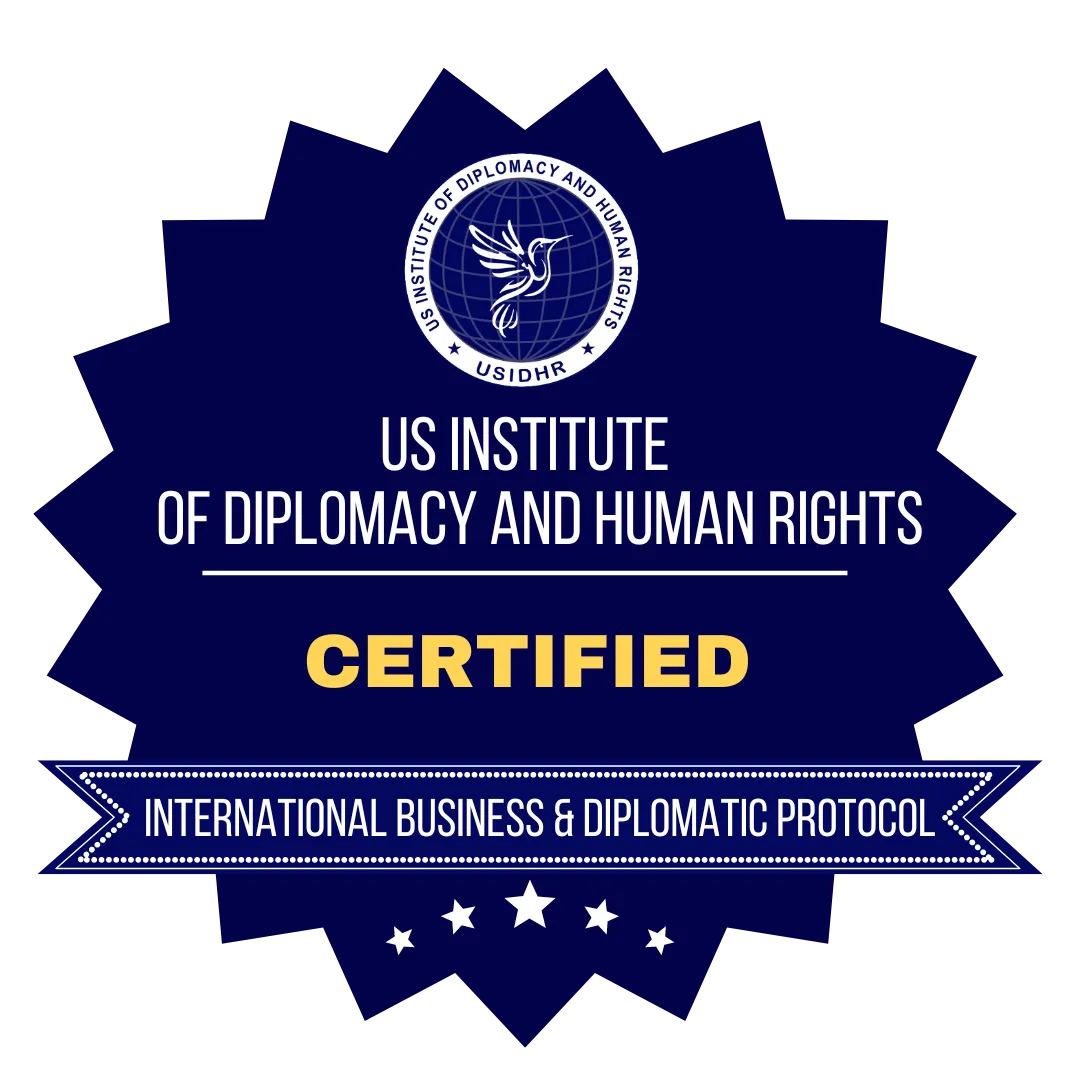
International Business and Diplomatic Protocol Certification
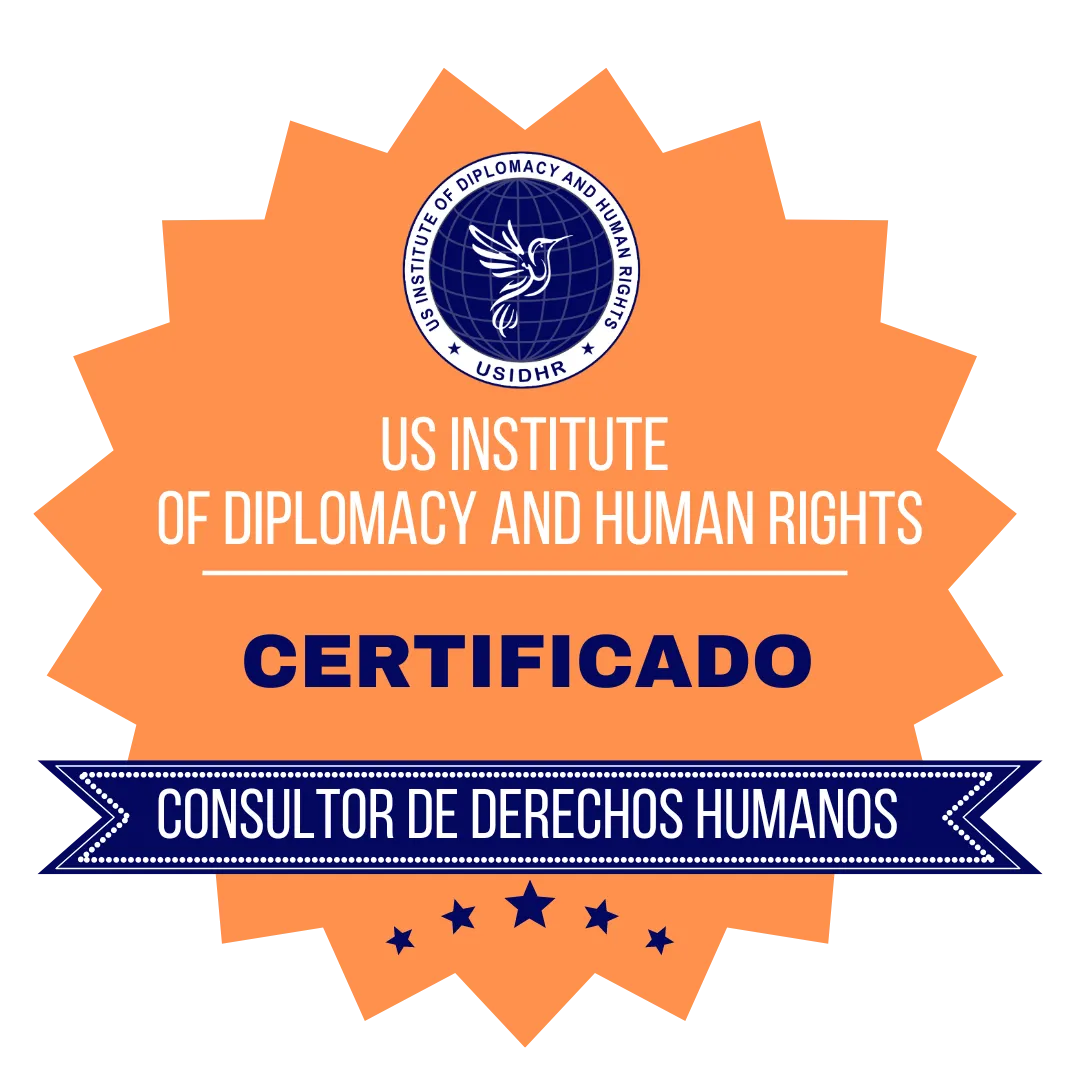
Capacitación En Derechos Humanos
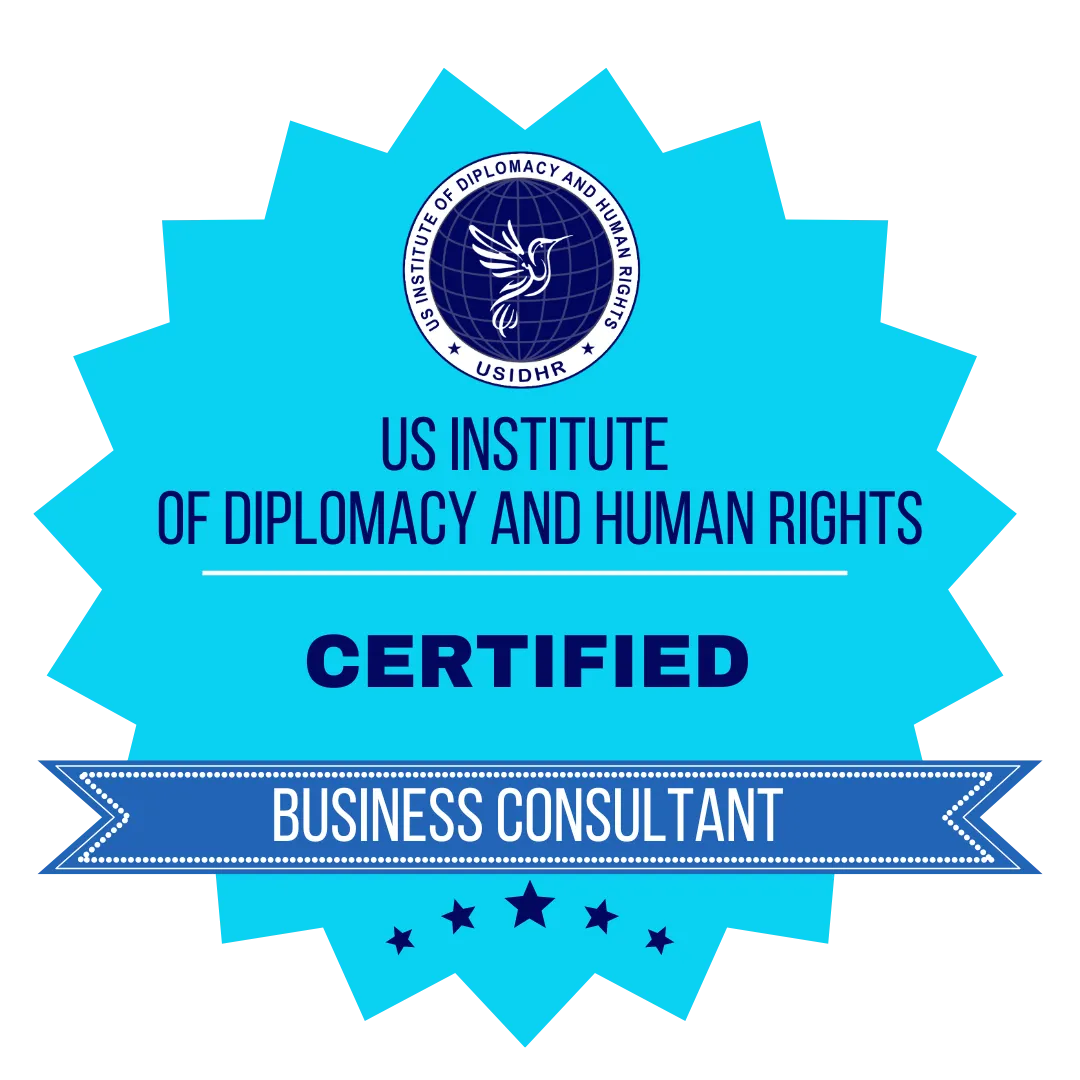
Business Consulting Certification Training
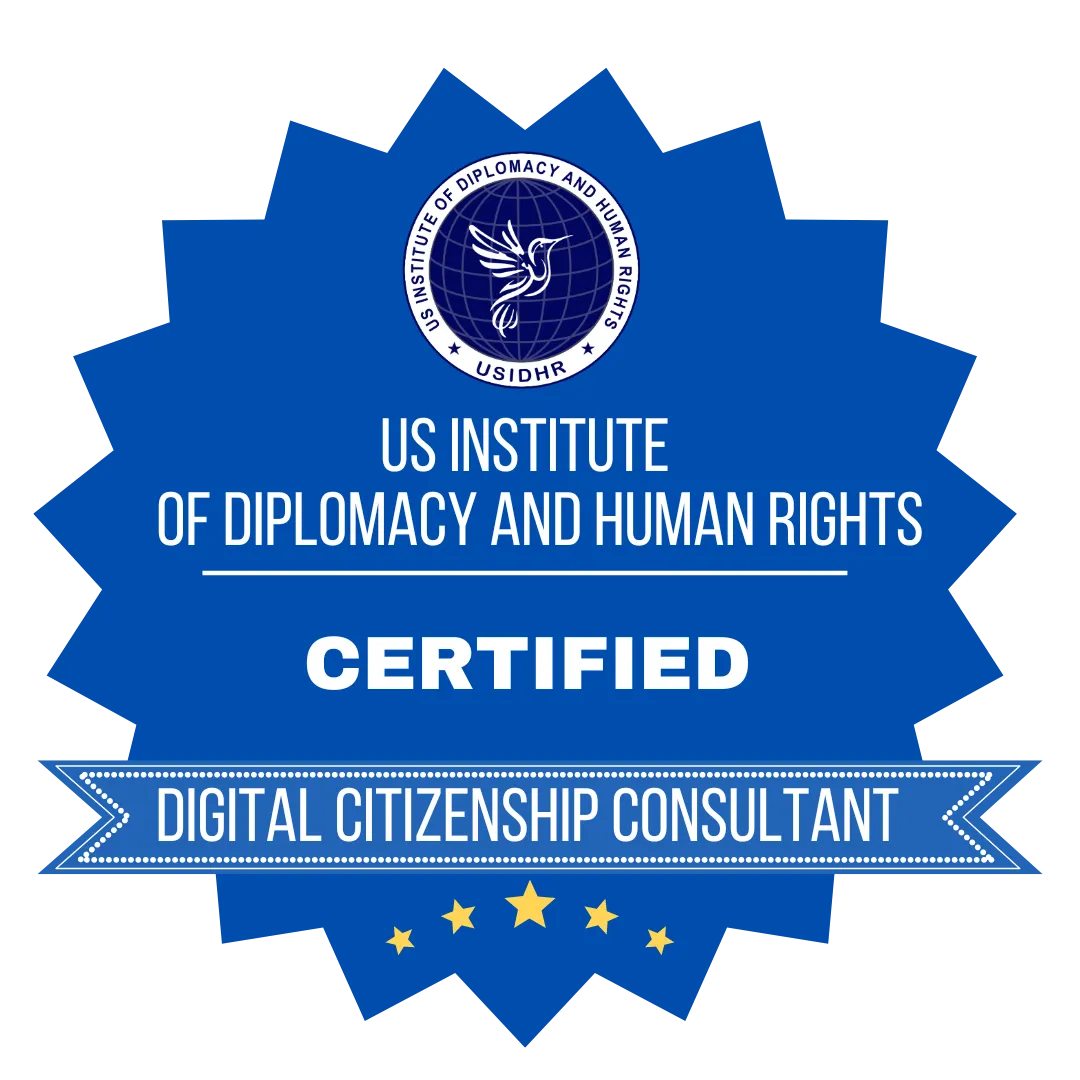
Digital Citizenship Certification
Training
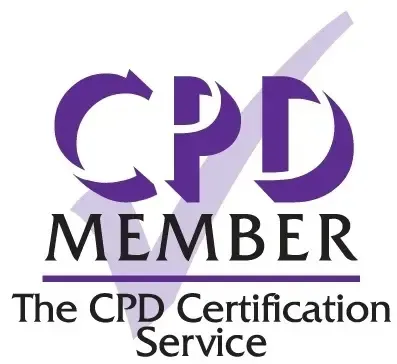
The US Institute of Diplomacy and Human Rights (USIDHR) is an International Continuing Professional Development (CPD) Accredited Organization. Accredited CPD training means the learning activity has reached the required Continuing Professional Development standards and benchmarks. The learning value has been scrutinized to ensure integrity and quality. The CPD Certification Service provides recognized independent CPD accreditation compatible with global CPD requirements
US Institute Of Diplomacy And Human Rights
1250 Connecticut Ave NW Ste 700, Washington, DC 20036


